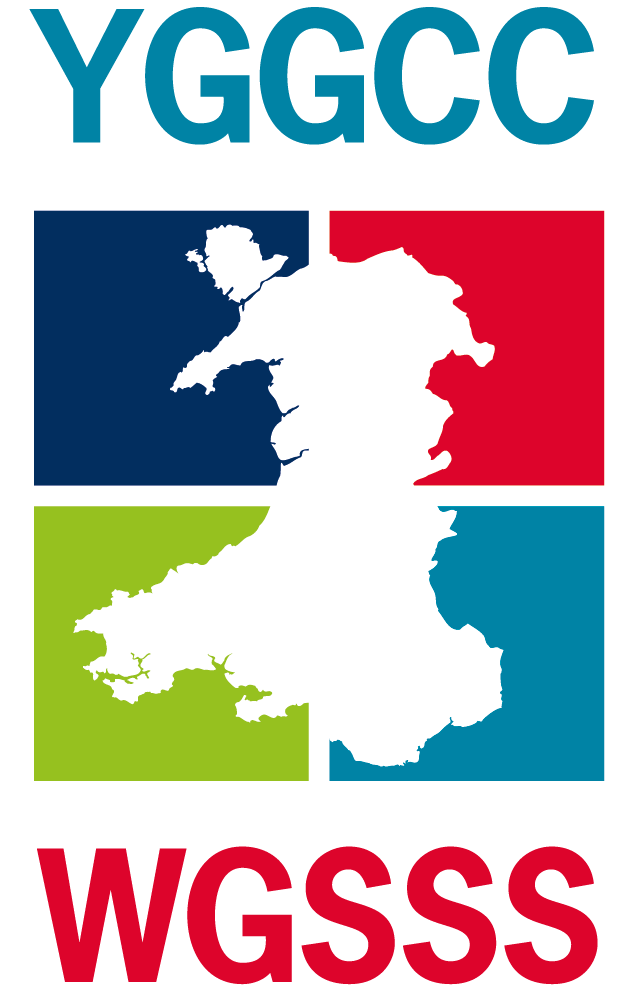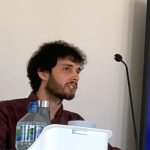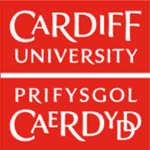Other supervisor(s):
Start date: October 2022
Award: General
Subject Pathway:
Journalism, Digital Media and Democracy
Thematic Cluster:
Rights and Governance Cluster
Media Representation of the Basque Country in the Spanish Press After the End of Armed Conflict
The Basque Country is a region straddling the Spanish-French border. While the northern area belongs to France, the vast majority of Basque people live south of the border, in Spain. The Basques are considered a national minority.
Under the Spanish military dictatorship of Francisco Franco (1939-1975), Basque nationalists (along with other national and linguistic minorities, as well as political dissidents across Spain) were the targets of repression. In the Basque region armed organisation ETA was born. ETA operated for some five decades using political violence to target soldiers and police officers; and later politicians, as well as businessmen. On the other hand, right-wing paramilitaries and state-sponsored death squads would target Basque nationalist militants. The result was a total death toll of over 1,000.
ETA announced the end of its activity in 2011.
From this point onwards, the way in which newspapers covered the conflict depended on the place of publishing: Basque media began interviewing leaders of the former illegal political wing of ETA; while newspapers based in Madrid made attempts at helping put a stop to the legalisation of proscribed organisations on the Basque nationalist left.
In 2018, ETA would disband completely.
Research conducted on the state of the media landscape and its relation to the Basque conflict following ETA's 2018 dissolution is minimal.
My study asks the following:
1. How have Spanish newspapers reported on the relationship between the Spanish State and the Basque nationalist movement in the years following the dissolution of ETA?
2. To what extent do Basque regional newspapers differ from Madrid-based newspapers in their reporting of this relationship?
3. Does media discourse in Spanish and Basque news outlets contribute to a deep, complex and well-rounded understanding of the Basque conflict in its reporting of the current situation?
Methods:
The object of analysis is a sample of opinion pieces and editorials published from 2018 to 2023. In order to allow for a representative sample of the press, this study takes the most influential newspapers from across the political spectrum and across the pro-Spanish/Basque nationalist divide.
My study uses a mixed-methods approach. Inspiration is drawn from the method of thematic analysis developed by the Glasgow University Media Group (Philo 2007). Thematic analysis is based on the identification of the main arguments used by the press in discussing the topics at hand. Then, theories are developed from the patterns observed. As such, the research questions of this study are answered chiefly by qualitative means through the framework of thematic analysis. The results of this qualitative analysis are presented in combination with quantitative data which serves as an overview.


